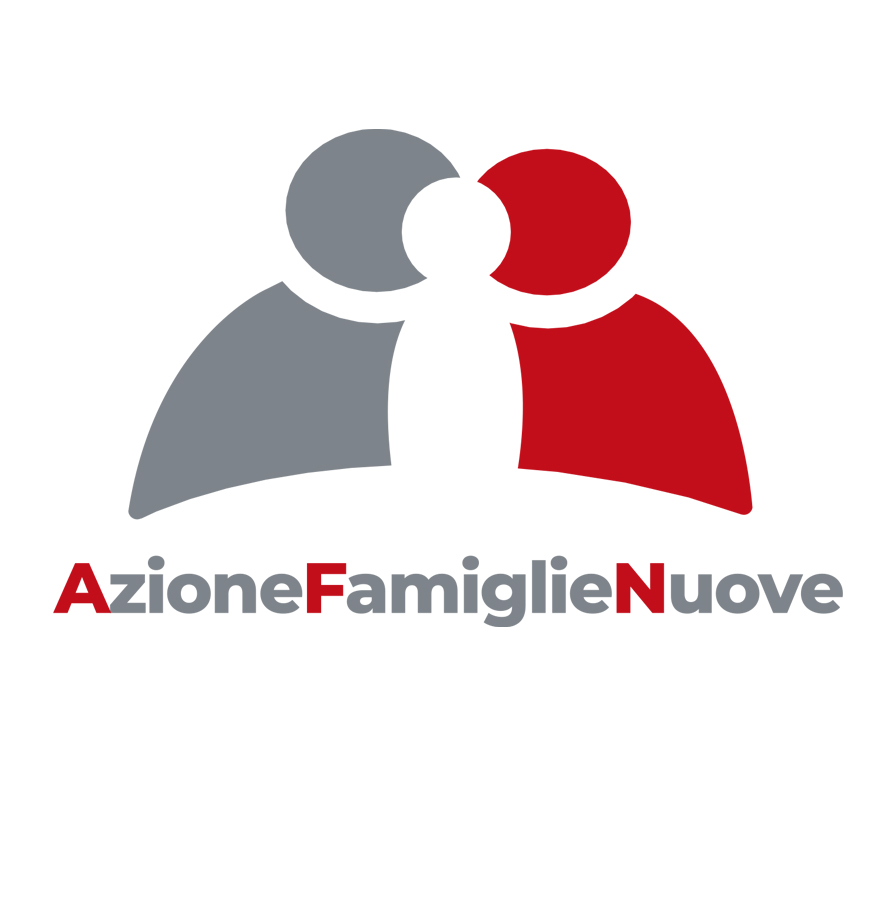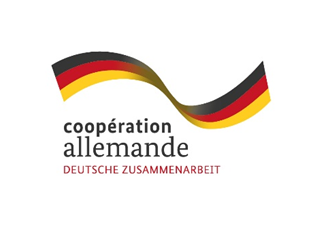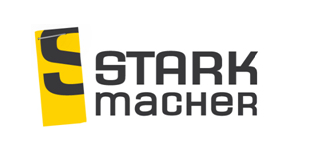Petite Flamme
Primary schools and remedial education and Centre for children with visual and hearing disabilities
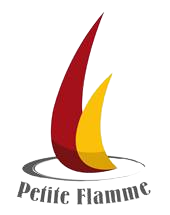
The Petite Flame social project is an educational project for Congolese children whose aim is the integral and inclusive training of the most deprived children, whose supervision is a prevention of the “kuluna” phenomenon
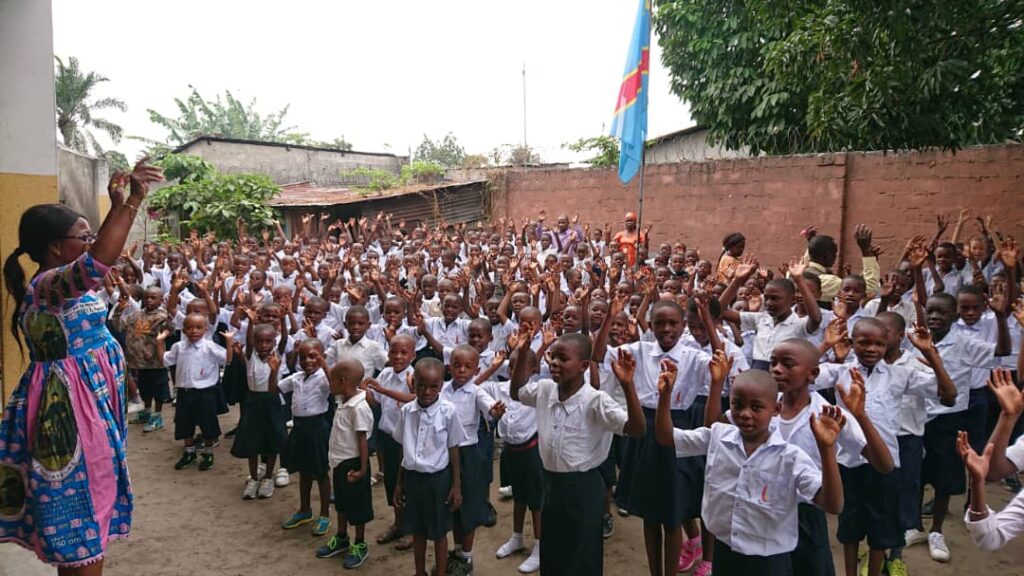
This project, which began in 1996 with 25 nursery school pupils and two teachers, was devoted to caring for needy children in its Barumbu site. Little by little, given the extent of the situation of the children in the vicinity of the Centre, the project gained momentum, especially next to the Ndolo military camp, with the advent of the AFDL. Several children from the camp who had dropped out of school due to lack of means and adequate supervision were selected first for free schooling.
Today, Petite Flamme has 2961 pupils and 120 staff members who have moved to the outlying areas where the children live in the same conditions as those in Barumbu. Thus Petite Flamme spread to Masina, Kimbanseke Mokali and Mikondo, to Ndjili Brasserie until it reached the province of Kwilu precisely in Kikwit and Idiofa.
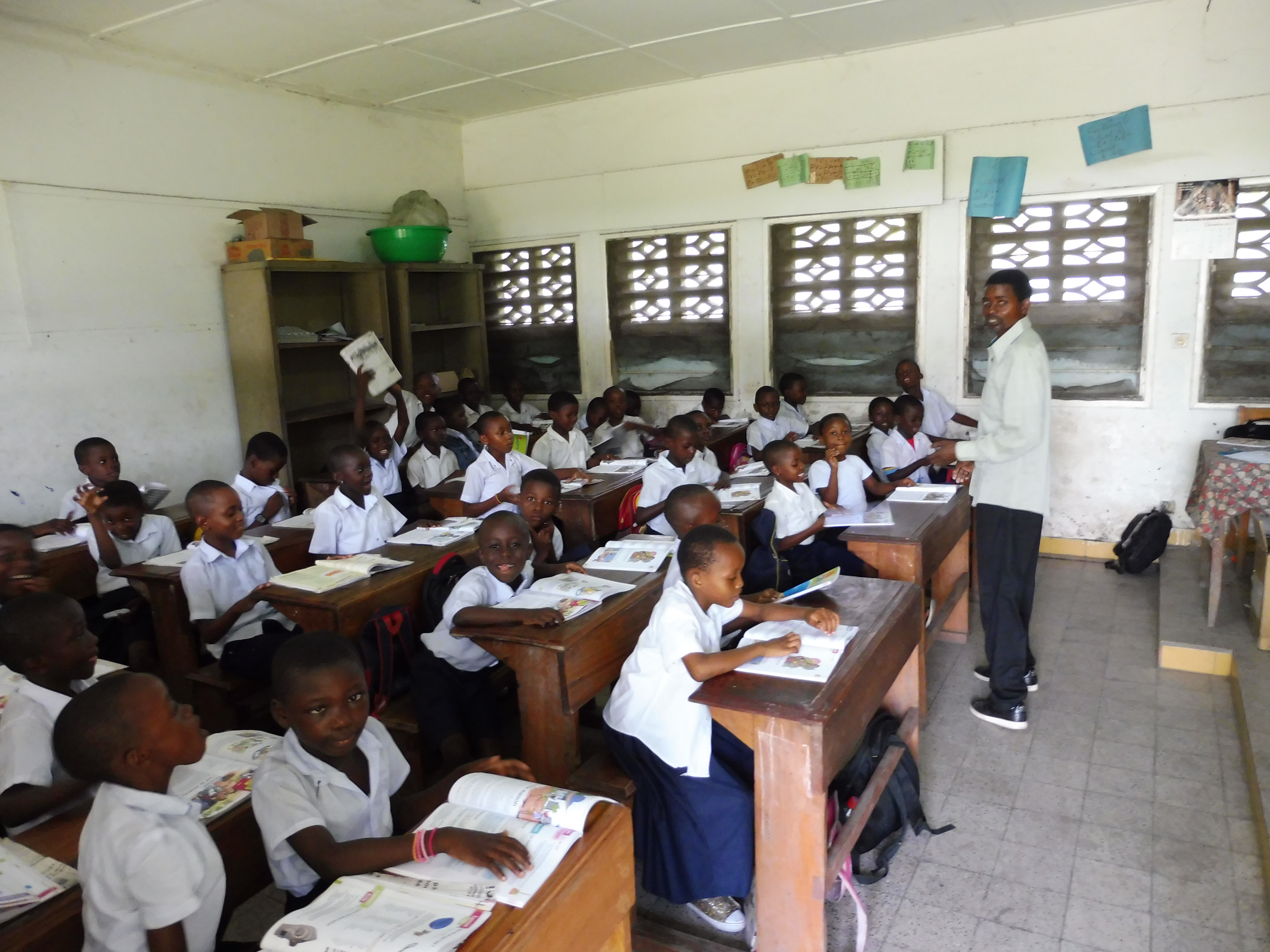
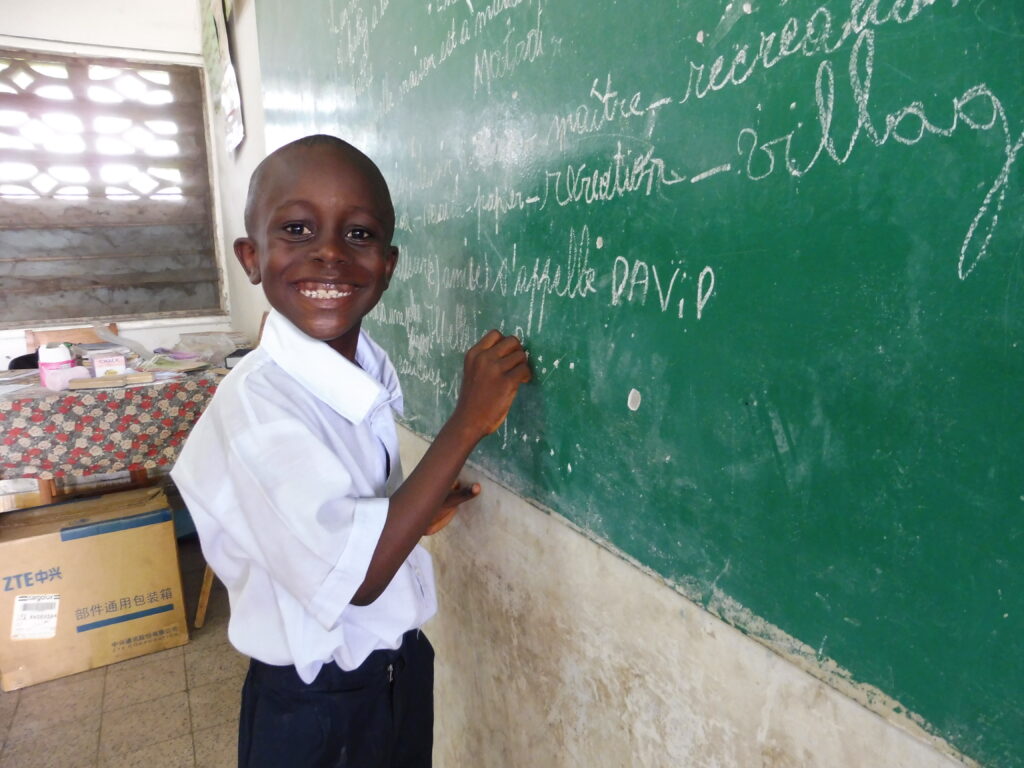
Today :
In Petite Flamme schools, we have the full cycle of nursery school, the primary cycle, the remedial school centre, the Foyer social, the secondary school in progress and the centre for children living with visual and hearing disabilities.
Kinshasa:
- 3 primary schools
- 2 nursery schools
- 3 remedial education centres
- 1 centre for children with visual and hearing disabilities
Kikwit et Idiofa :
- 1 nursery school
- 2 primary schools
- 1 remedial education centre
- 1 secondary school
According to the state programme we provide training:
From 4 to 5 years old: nursery school classes giving access to the primary cycle
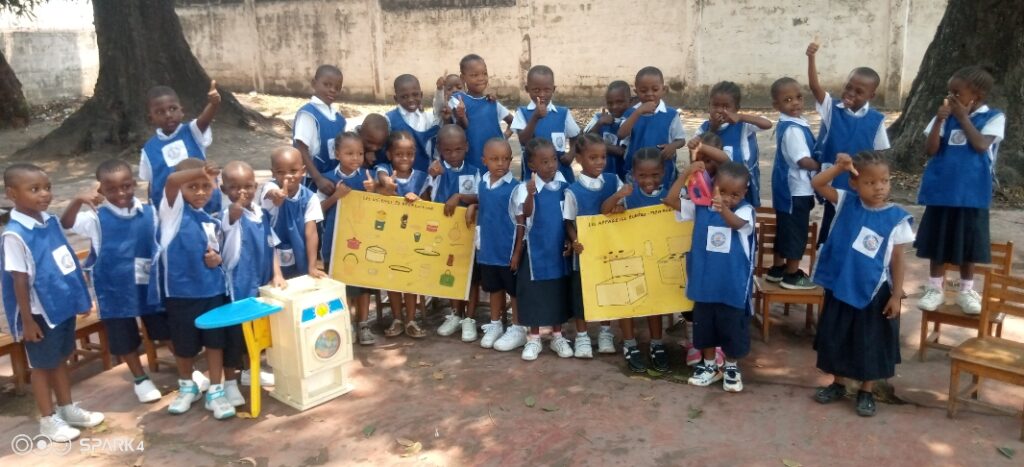
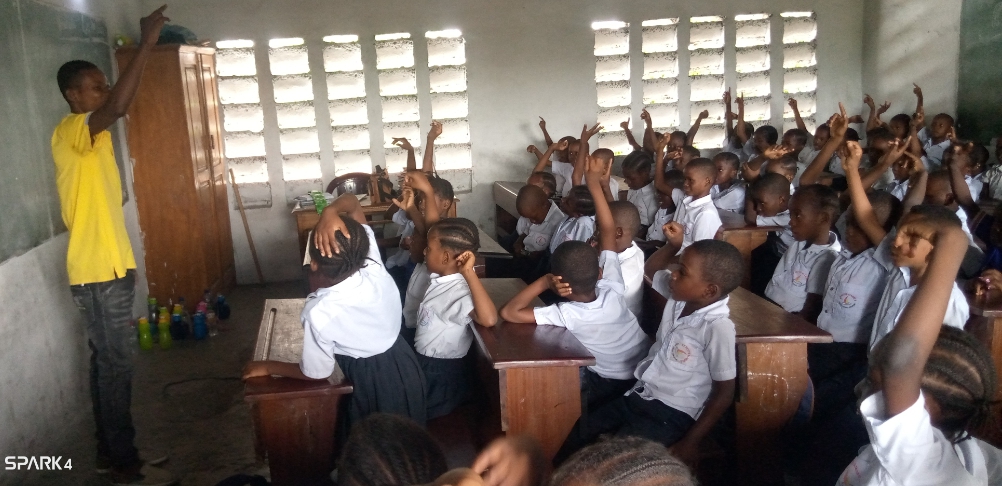
From 6 to 12 years old: primary cycle at the end of which the children take the national primary school leaving test to obtain a certificate. Afterwards, the child is directed to secondary school to continue his/her education with the help of Petite Flamme.
Children who have dropped out of school due to lack of resources and adequate supervision. They are trained for three years and at the end of their training, they take the primary school leaving test in the same way as primary school children to obtain the certificate. At the end of this training, these remedial children are directed to secondary school or vocational school, depending on their age and abilities.
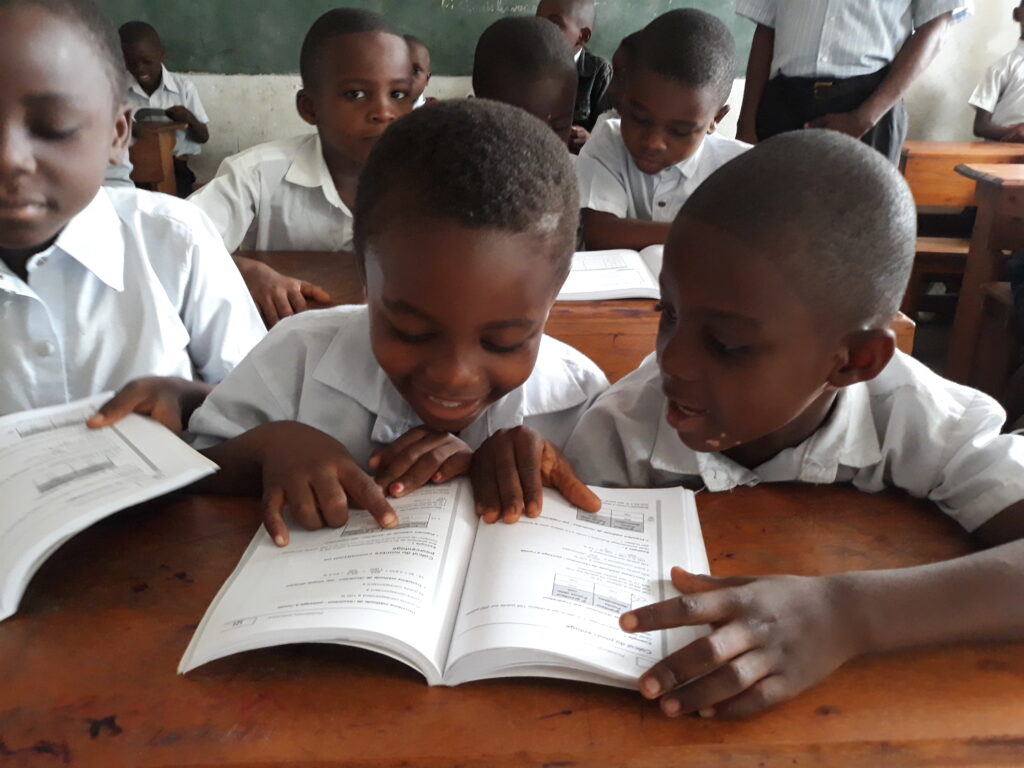
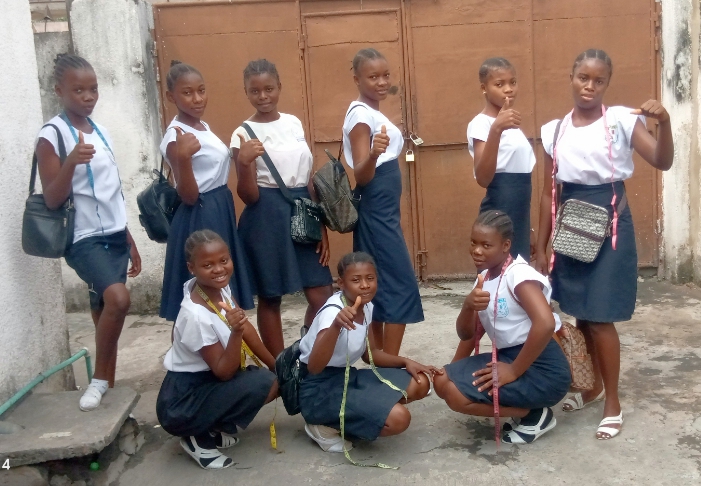
Apart from these children who are in Petite Flamme schools, we organise extracurricular activities for children who have finished primary school and are doing secondary school elsewhere. They come back three times a week for extra training to overcome some of the difficulties they face in their respective schools.
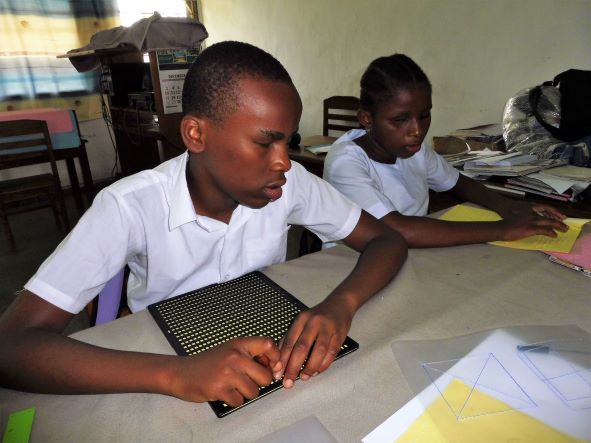
For children living with visual and hearing disabilities we organise different programmes of rehabilitation and school integration. The blinds are directed to the INAS (National Institute of Arts) specialising in music, singing and dancing and the deaf-mute to the carpentry centres.
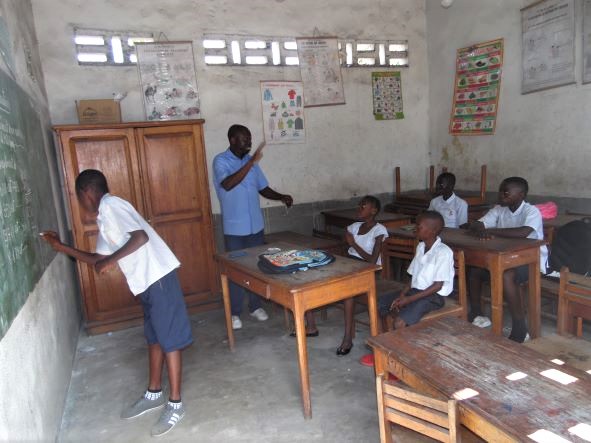
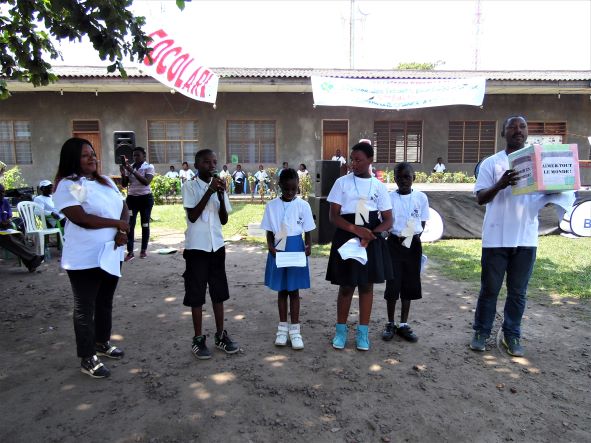
Apart from quality education, Petite Flamme offers its pupils true human values such as peace education, love and mutual respect, respect for the environment, etc. Thus, we organise every year the School Days for Peace Education and the Peace Run Day. 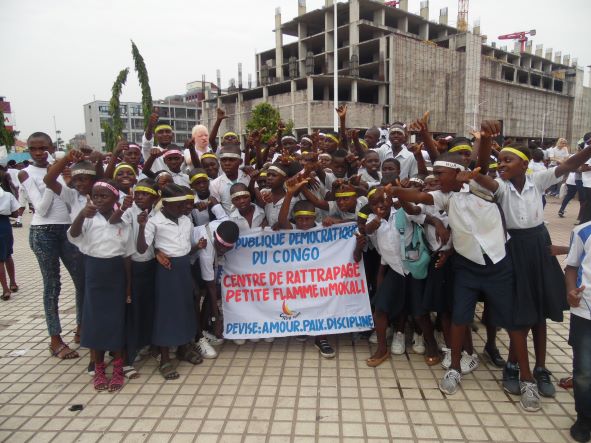
The children of Petite Flamme receive a very nutritious diet every day, which enables them to last the whole day.
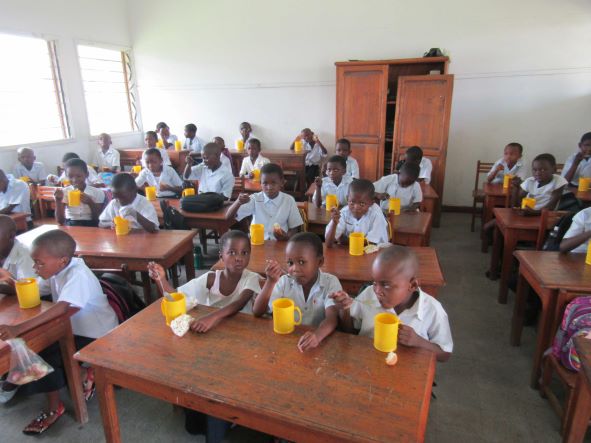
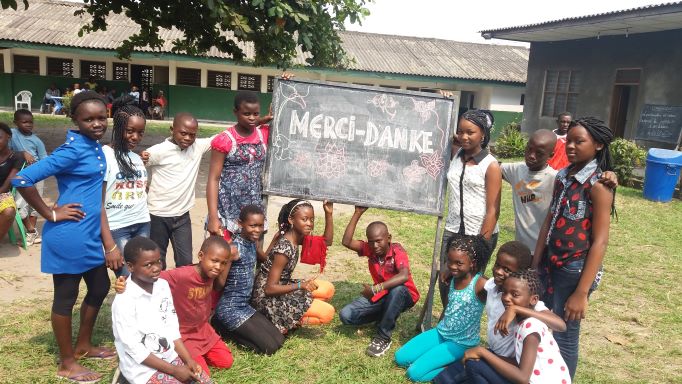
This project survives thanks to donations and long-distance adoptions from some Italian, German and Belgian families.
Etudiants à l’université : Un exemple, en 2015, Petite Flamme a reçu un prix sur la dignité humaine de la Fondation Roland Berger de l’Allemagne. Cet argent a permis à Petite Flamme de prendre en charge 8 étudiants, anciens de Petite Flamme pour leur parcours universitaires. Deux ont déjà fini les études et six poursuivent encore leur cursus.

Contact:
Adresse: Petite flamme, AVENUE PHARMACIE N° 71/Z, COMMUNE DE BARUMBU
Email: petite.flamme.RDC@gmail.com
Facebook: Petite Flamme RD Congo – AECOM asbl
Partenaire :
